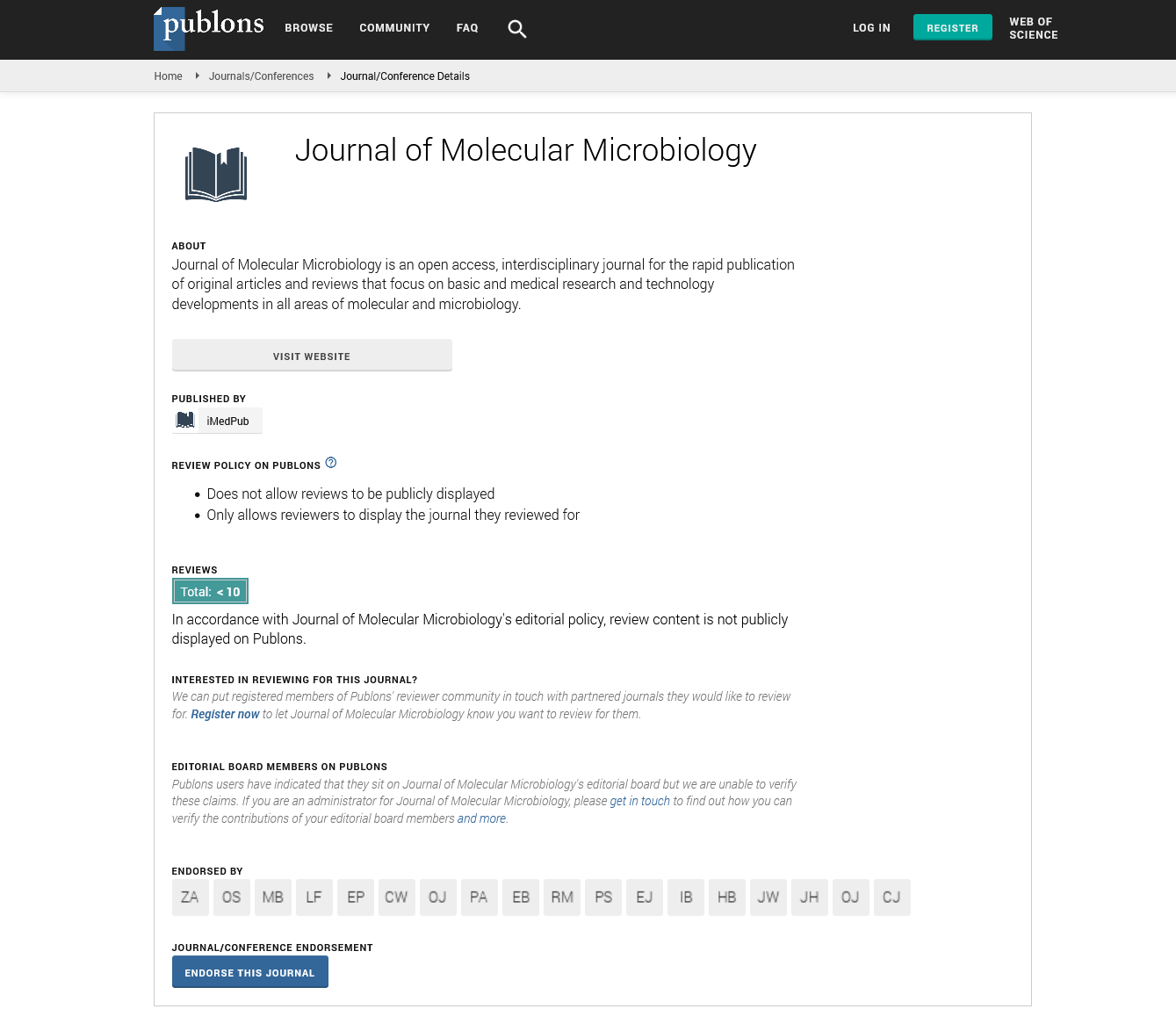Abstract
Parallel Topical Treatment of Adult Acne vulgaris Patients with Nadifloxacin Cream and Adapalene
Abstract Efficacy, tolerability and influence on quality of life (QoL) of a parallel topical treatment with nadifloxacin and adapalene was investigated in adolescent and adult patients with mild to moderate inflammatory acne. In this multicentric, open, prospective non-interventional study, data were collected at baseline and final examination. Severity of acne was evaluated using the Leeds revised acne score. Changes in QoL were measured using the German version of Dermatology Life Quality Index. Herein we report results from the descriptive data analysis of the adult collective (safety collective=231 patients, efficacy collective=213 patients). Most of the patients (85.9%) were prescribed either the combination "nadifloxacin in the morning and adapalene in the evening (n=123)" or "adapalene in the morning and nadifloxacin in the evening (n=60)”. For 26 patients (12.2%), mainly those with a higher grade of acne severity at baseline, >2 applications/day were prescribed of at least either of the medications. At the final visit severity of acne was improved in 93.4% of the patients, unchanged in 6.1% and worsened in 1 patient. QoL changed for the better in 67.9% of the patients (unchanged: 16.7%, worsened: 15.4%). Efficacy was assessed as good/very good by 68.5% of the patients and by 79.3% of the physicians, whereas only a minority evaluated efficacy as bad/very bad (patients: 8.0%, physicians: 2.8%). Tolerability was evaluated good/very good by 75.2% of the patients and by 84.7% of the doctors (bad/very bad: patients: 4.3%, doctors: 1.4%). Nonserious adverse events occurred in 1.8% of all patients and in 4.3% premature end of treatment was documented. A parallel topical treatment of nadifloxacin and adapalene was found to be effective and safe.
Author(s): Dr Claudia
Abstract | PDF
Share This Article
Google Scholar citation report
Citations : 86
Journal of Molecular Microbiology received 86 citations as per Google Scholar report
Journal of Molecular Microbiology peer review process verified at publons
Abstracted/Indexed in
- Google Scholar
- Publons
Open Access Journals
- Aquaculture & Veterinary Science
- Chemistry & Chemical Sciences
- Clinical Sciences
- Engineering
- General Science
- Genetics & Molecular Biology
- Health Care & Nursing
- Immunology & Microbiology
- Materials Science
- Mathematics & Physics
- Medical Sciences
- Neurology & Psychiatry
- Oncology & Cancer Science
- Pharmaceutical Sciences
